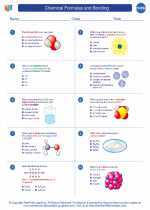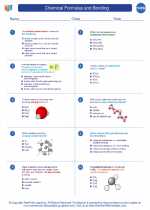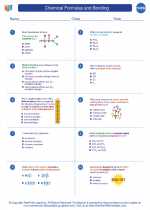Overview of Psychology
Psychology is the scientific study of the mind and behavior. It encompasses a wide range of topics, including human development, mental health, social behavior, cognition, and more. Psychologists use a variety of research methods to understand and explain how people think, feel, and behave.
Key Concepts in Psychology
- Biological Psychology: Examines how biological factors influence behavior and mental processes.
- Cognitive Psychology: Focuses on understanding mental processes such as perception, memory, language, and problem-solving.
- Developmental Psychology: Studies how people change and grow over the course of their lives.
- Social Psychology: Investigates how social influences shape individual behavior and attitudes.
- Clinical Psychology: Concerned with the diagnosis and treatment of psychological disorders.
Study Guide for Psychology
Studying psychology involves understanding key concepts, theories, and research methods. Here are some tips for mastering the subject:
- Read the textbook thoroughly to grasp the foundational theories and concepts in psychology.
- Engage with case studies and real-life examples to apply psychological principles to practical situations.
- Practice critical thinking by analyzing research studies and evaluating the validity of psychological findings.
- Review and understand the major contributors and historical developments in the field of psychology.
- Utilize study aids such as flashcards, concept maps, and practice quizzes to reinforce your understanding of psychological concepts.
- Seek out additional resources such as documentaries, podcasts, or TED talks related to psychology to broaden your knowledge.
◂Chemistry Worksheets and Study Guides High School. Chemical Formulas and Bonding
Worksheet/Answer key Chemical Formulas and Bonding
Chemical Formulas and Bonding  Worksheet/Answer key
Worksheet/Answer key Chemical Formulas and Bonding
Chemical Formulas and Bonding  Worksheet/Answer key
Worksheet/Answer key Chemical Formulas and Bonding
Chemical Formulas and Bonding 

 Worksheet/Answer key
Worksheet/Answer key
 Worksheet/Answer key
Worksheet/Answer key

The resources above cover the following skills:
PHYSICAL SCIENCE (NGSS)
Matter and Its Interactions
Students who demonstrate understanding can:
Plan and conduct an investigation to gather evidence to compare the structure of substances at the bulk scale to infer the strength of electrical forces between particles.